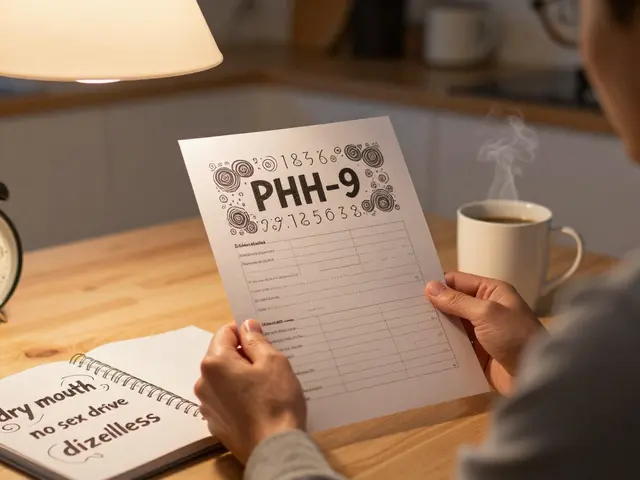
Allergy Treatment: What Works, How to Use It, and When to Ask for Help
Allergies can ruin a day in minutes – sneezing, itchy eyes, a runny nose, or even a skin rash. The good news is there are plenty of ways to keep symptoms in check without guessing. Below you’ll get straight‑forward advice on over‑the‑counter antihistamines, prescription options, and a few natural tricks that actually help.
Quick‑Start Antihistamines: Allegra, Cetirizine, Loratadine
If you need fast relief, an oral antihistamine is usually the first choice. Allegra (fexofenadine) is popular because it doesn’t make you drowsy, but cetirizine and loratadine work just as well for many people. Take the tablet with a glass of water once a day – no need to split the dose. Remember that food can affect absorption: a big, fatty meal may slow down how quickly Allegra kicks in, so try to take it on an empty stomach for the fastest effect.
When you buy a generic version online, make sure the pharmacy is licensed in the UK and asks for a prescription if the drug is prescription‑only. Cheap generic brands contain the same active ingredient, so you won’t lose effectiveness.
When OTC Isn’t Enough: Prescription Options and When to See a Doctor
Sometimes symptoms persist despite daily antihistamines. That’s a sign you might need a stronger medication, such as a nasal steroid spray (fluticasone) or a leukotriene blocker like montelukast (Singulair). These drugs target inflammation deeper in the airways and are especially useful for asthma‑related allergies.
Talk to your GP if you experience:
- Constant nasal congestion that won’t clear.
- Wheezing, shortness of breath, or chest tightness.
- Severe skin reactions like hives that spread quickly.
A doctor can run a simple skin prick test to pinpoint the exact allergens and tailor a treatment plan that may include immunotherapy (allergy shots) for long‑term relief.
While prescription meds are more potent, they also carry more side‑effects. Montelukast, for example, has been linked to mood changes in a small number of users. Always discuss any new symptoms with your pharmacist or doctor.
Natural Back‑Up Strategies That Actually Help
In addition to pills, a few everyday habits can reduce exposure and soothe symptoms. Rinse nasal passages with a saline spray twice a day – it clears pollen and mucus without medication. Keeping windows closed on high‑pollen days and using HEPA filters at home cuts down the amount of allergen you breathe in.
Some people find relief with butterbur or quercetin supplements, but the evidence is mixed. If you try them, start with a low dose and watch for stomach upset. Always tell your GP if you add any supplement, especially if you’re already on prescription drugs.
Finally, stay hydrated. Drinking plenty of water thins mucus, making it easier for your body to expel allergens.
Allergy treatment isn’t a one‑size‑fits‑all. Start with an OTC antihistamine, keep track of what triggers your flare‑ups, and don’t hesitate to seek professional advice if symptoms linger. With the right mix of meds, simple home tricks, and a bit of lifestyle tweaking, you can keep allergies under control and get back to your day faster.
-
14 Nov

-
6 Aug

Onion Extract as a Natural Ally Against Allergies - Benefits, Science & How It Works
Explore how onion extract may help ease allergy symptoms, the science behind its active compounds, clinical findings, safety tips, and how it stacks up against conventional antihistamines.





